The workshop is a forum for experts, managers, policy makers, and tourism businesses to exchange and discuss issues related to the theoretical and practical basis for building performance evaluation indicators for smart tourism destinations in Vietnam.
Developing smart tourism ensures professionalism and modernity
Speaking at the opening of the workshop, Deputy Director of the Vietnam National Administration of Tourism Nguyen Le Phuc said that with the strong development of technology in the era of Industry 4.0, the development of smart tourism is an inevitable trend of world tourism in general and Vietnam's tourism industry in particular.
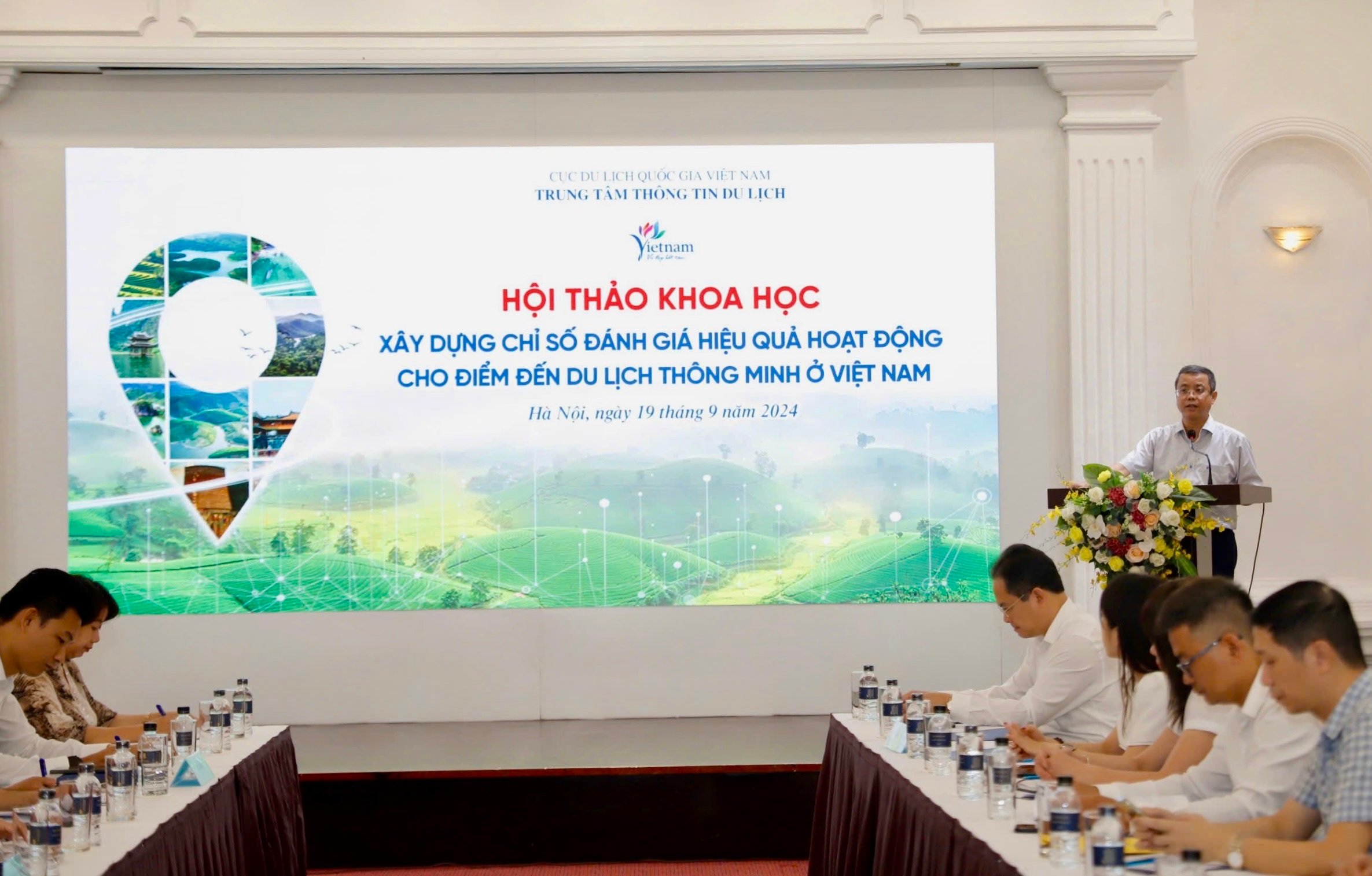
Workshop: “Building performance evaluation index for smart tourism destinations in Vietnam”.
In Vietnam, tourism has received special attention from the Party and the State and many directives have been issued to promote it. One of the important tasks and solutions is to apply information technology to develop digital tourism and smart tourism.
The Vietnam Tourism Development Strategy to 2030 approved by the Prime Minister on January 22, 2020 has set out the direction to accelerate the digital transformation process in the tourism industry, aiming to form and develop a smart tourism ecosystem.
Resolution 82/NQ-CP of the Government dated May 18, 2023 on key tasks and solutions to accelerate recovery and accelerate effective and sustainable tourism development has assigned the Ministry of Culture, Sports and Tourism the task of building a smart tourism ecosystem to support state management, tourism business and improve tourist experience.
The Ministry of Culture, Sports and Tourism has approved the project "Applying technology of Industry 4.0 to develop smart tourism, promoting tourism to become a spearhead economic sector" with the general goal of: "Applying technology of the Fourth Industrial Revolution to develop a smart tourism ecosystem in Vietnam, meeting the increasing needs of tourists in the digital age, supporting effective connections between state management agencies on tourism, businesses, tourists and related entities. Developing smart tourism ensures professionalism, modernity, meets the requirements of innovation, increasingly effective state management, contributes to improving the development capacity of Vietnam's tourism, making tourism a spearhead economic sector, ensuring sustainable development and international integration".
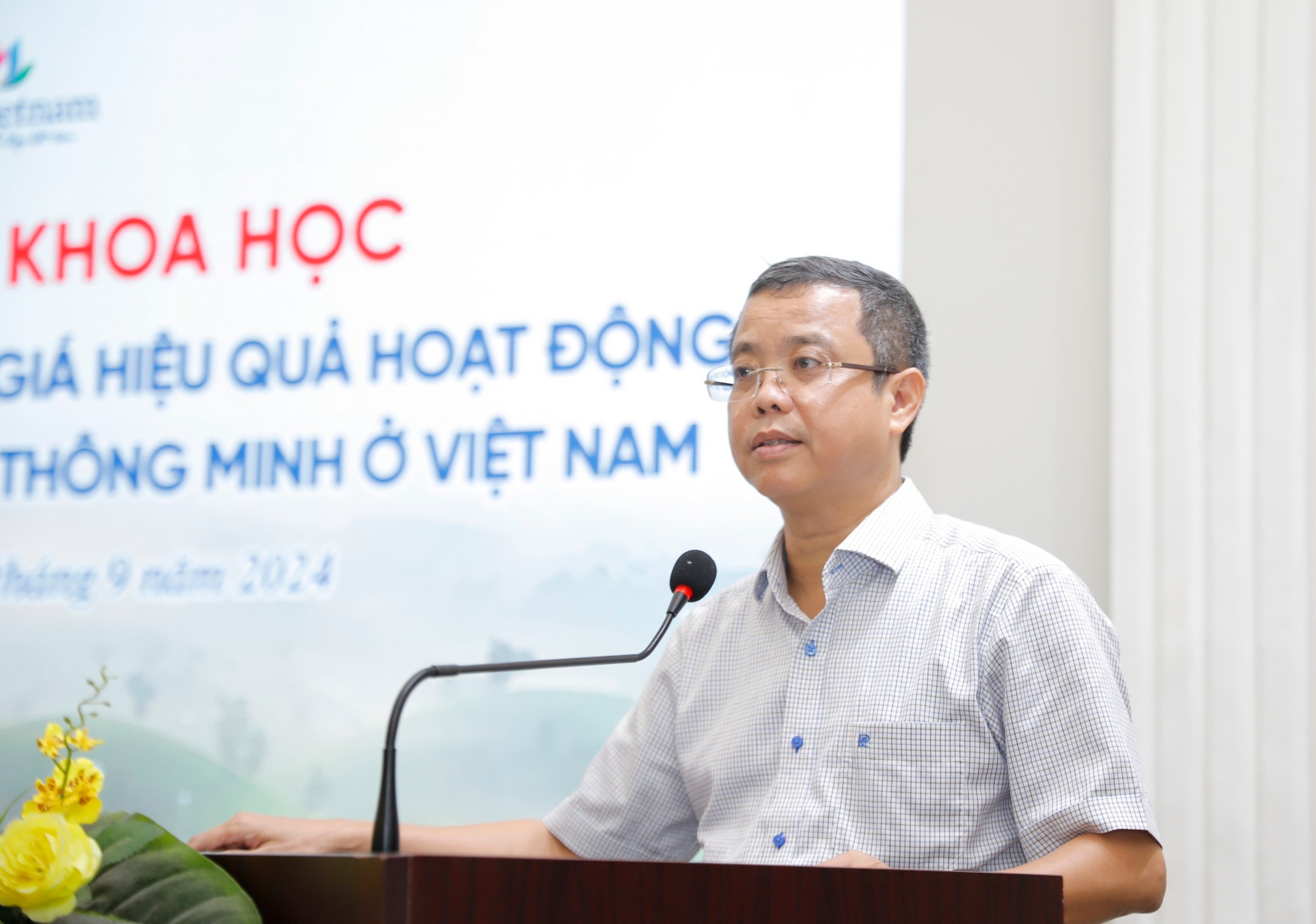
Deputy Director of Vietnam National Administration of Tourism Nguyen Le Phuc delivered the opening speech.
Ensuring objectivity and efficiency in measurement
Reporting on the general development of smart tourism and the implementation of building a set of evaluation indicators in Vietnam, Ms. Phan Thi Thai Ha - Deputy Director of the Tourism Information Center, Vietnam National Administration of Tourism said that smart tourism has received much research attention in recent times.
The research focuses on understanding the conditions and processes of building smart tourism destinations in Vietnam, assessing opportunities, potentials as well as difficulties and challenges, and providing solutions to promote smart tourism development; proposing development and management models; studying typical smart tourism development cases in the world and providing lessons to apply to Vietnam; studying and analyzing smart systems and applications in the world or being developed in Vietnam to introduce and propose applications to destinations.
In fact, the application of technology to develop smart tourism is also taking place vigorously from the central to local levels and destinations across the country. The Vietnam National Administration of Tourism has had fundamental solutions to develop digital tourism and the smart tourism ecosystem in Vietnam, setting the goal of supporting stakeholders such as localities, destinations, tourism businesses, and tourists to participate in the smart tourism ecosystem, exploiting added values from the digital economic environment.
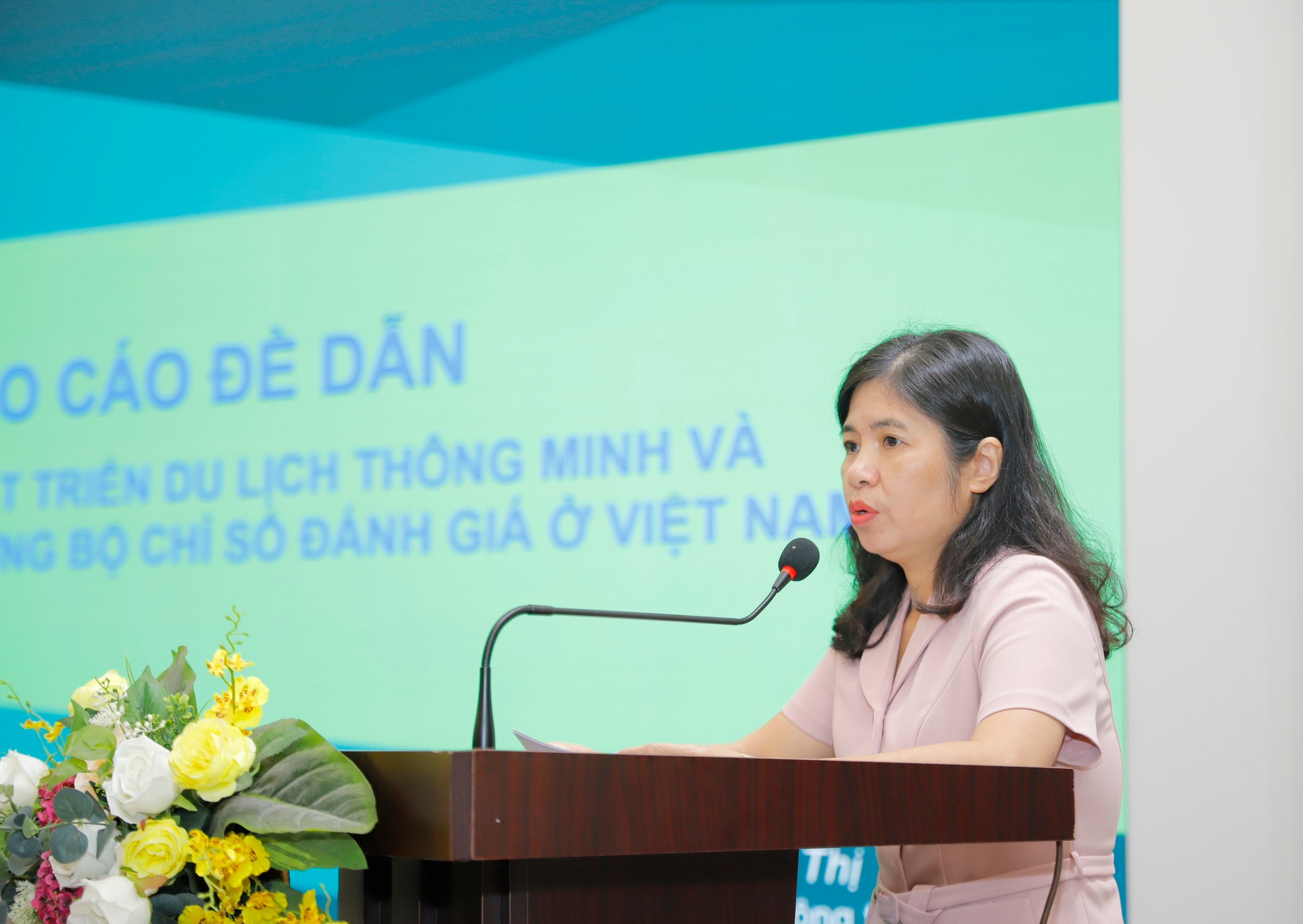
Ms. Phan Thi Thai Ha - Deputy Director of Tourism Information Center spoke at the workshop.
Localities have been very active and proactive in digital transformation, developing digital tourism and smart tourism. Typical are key tourist localities such as Hanoi, Da Nang, Quang Ninh, Khanh Hoa, Ho Chi Minh City... Advanced and modern technologies such as virtual reality, augmented reality, 360-degree images, 3D, electronic tickets... have been applied in tourist areas/attractions to introduce many new, unique products, making a strong impression, while bringing many conveniences to tourists and contributing to more effective destination management.
However, evaluating the effectiveness of smart tourism in localities as well as tourist areas/sites applying technology and research on evaluation indicators for smart tourism destinations in Vietnam is still a gap.
In addition, according to the ICT Reference Framework for Smart City Development (version 1.0) in Decision No. 829/QD-BTTTT dated May 31, 2019 issued by the Minister of Information and Communications, the smart tourism layer is one of the priority service layers for development in smart cities. The Ministry of Information and Communications has the Vietnam Smart City KPI Index version 1.0, but the standards and criteria for the layers in smart cities are still lacking.
According to Ms. Phan Thi Thai Ha, research on building performance evaluation indicators (KPI - Key Performance Indicator) for smart tourism destinations is known to be an important issue in the management and development of smart tourism, contributing to evaluating the success of destinations in an objective and transparent manner.
KPI indicators for smart tourism destinations provide a systematic approach to measure and evaluate the performance of destinations applying smart tourism development technology, helping managers, investors, businesses and stakeholders evaluate and monitor the level of completion of the proposed goals, objects, methods and results. Based on that, managers can make development orientations and appropriate decisions to improve the performance of the tourist destinations they are managing.
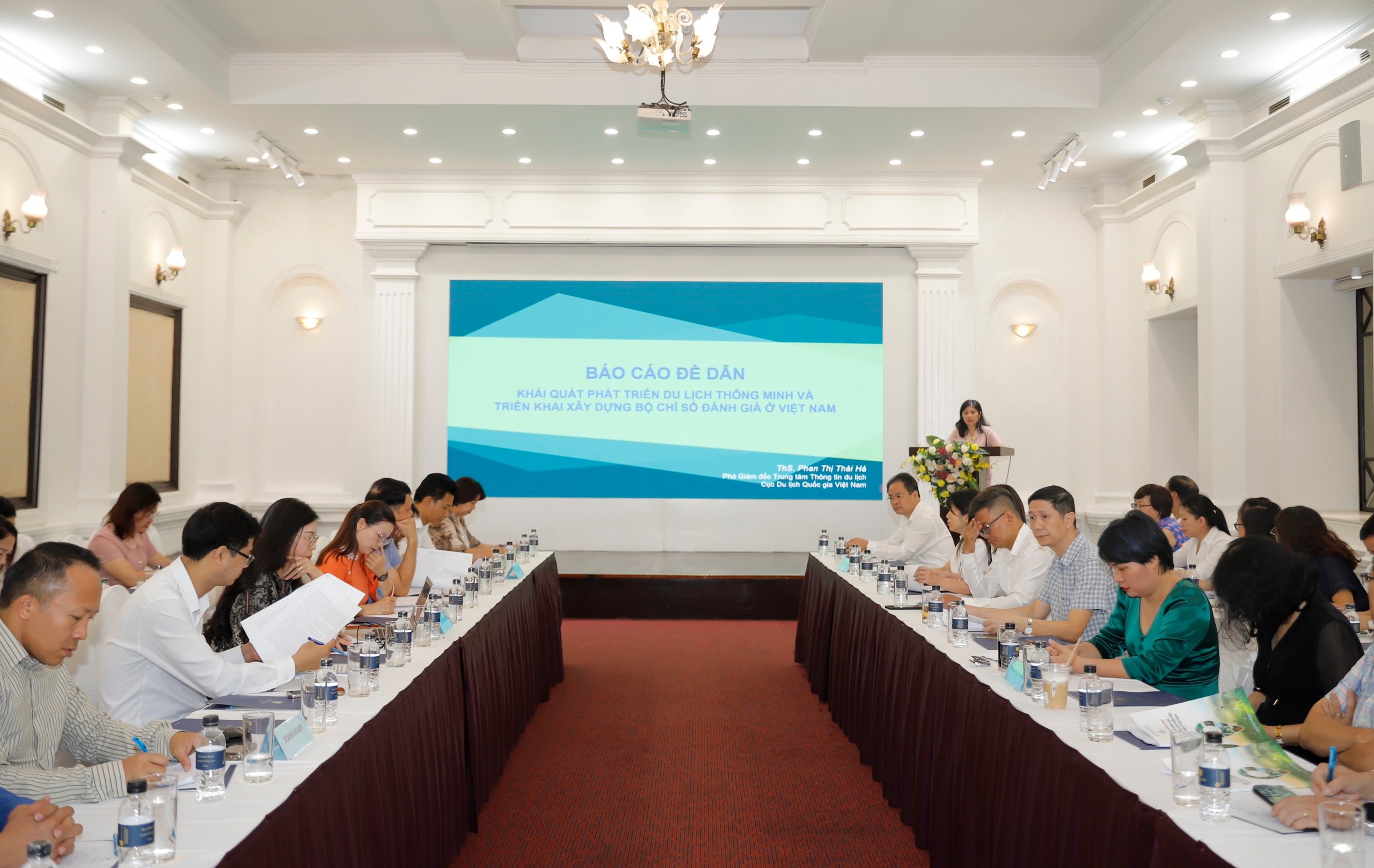
Conference scene.
In addition, these KPIs also help increase transparency in the operations of tourist destinations, because these indicators are built on measurable data from different sources. It provides customers and visitors with an objective approach to evaluate the effectiveness of destinations applying smart tourism development technology. Building KPIs to evaluate the effectiveness of smart tourism operations also helps increase the competitiveness of destinations, because KPIs allow for comparison of the development level and performance of different smart tourism destinations and help destinations improve and develop further in the future.
Therefore, performance indicators (KPIs) for smart tourism destinations suitable for conditions in Vietnam need to be thoroughly, comprehensively and updated to ensure scientific, practical and effective management and development of tourism.
At the same time, to ensure objectivity and effectiveness in measurement, indicators need to be identified and defined specifically to ensure consistency and easy comparison between different destinations (at the provincial/city or regional/tourist destination level) in the application of technology to develop smart tourism.
Addressing the challenges
Presenting a paper on the relationship between smart cities and smart tourist destinations and the issues raised for the development of smart tourist destinations in Vietnam, Dr. Truong Sy Vinh, Deputy Director of the Institute for Tourism Development Research, said that in Vietnam, although the conditions of information infrastructure and legal corridors have shown positive signs; the application of advanced technologies in tourism activities has initially achieved certain successes (hotel booking, online tour sales, shared transportation services, etc.), however, the effective application of ICT in general and the development of smart tourist destinations in Vietnam still face many challenges and many issues that need to be resolved.
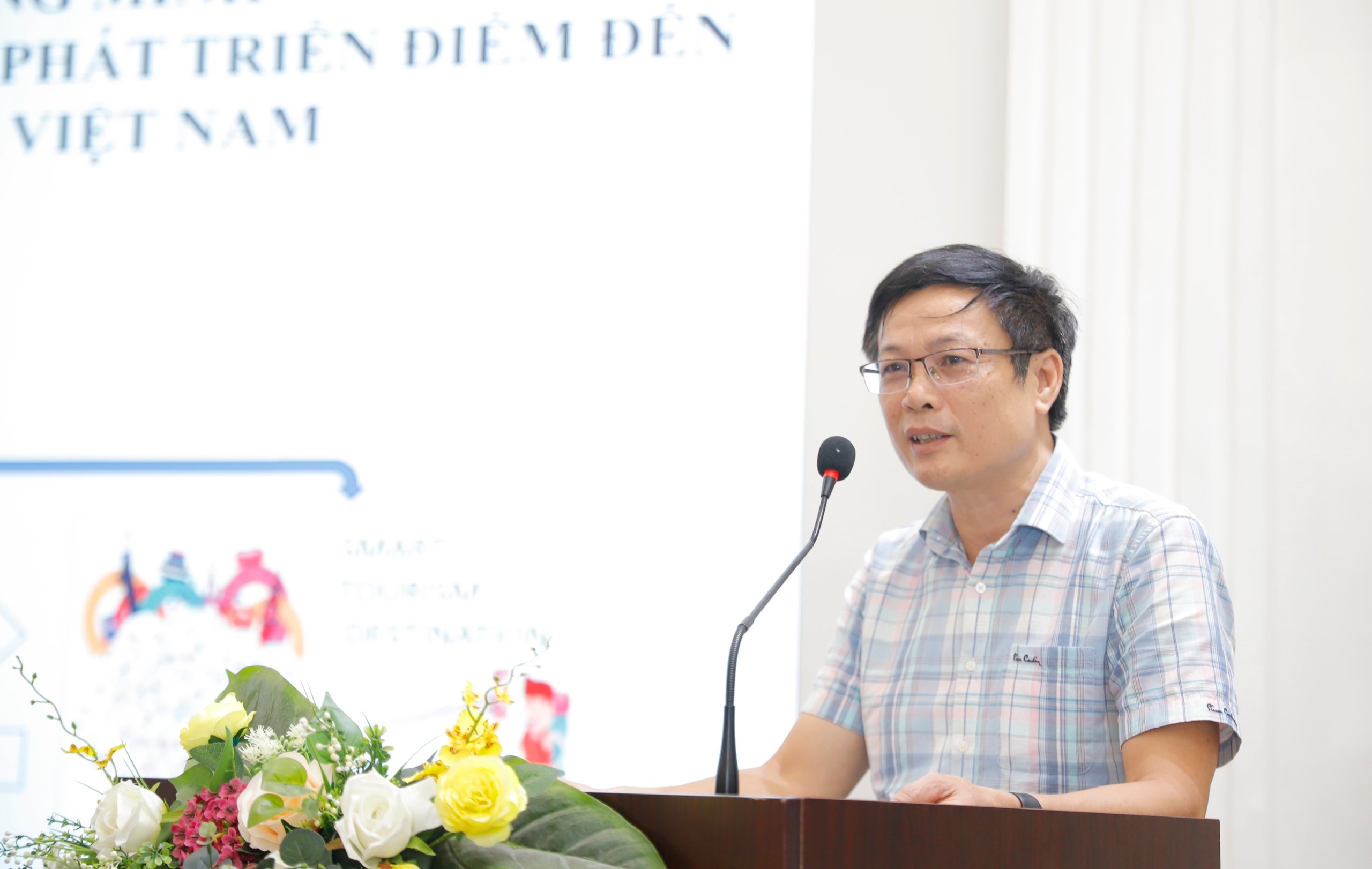
Dr. Truong Sy Vinh, Deputy Director of the Institute for Tourism Development Research, presented a paper.
According to Dr. Truong Sy Vinh, in our country, many terms are used but there is no official definition. Along with that, the concept of destination management and organization of tourism destination management have not been clearly defined. Therefore, there is a need for research to clarify the concept and model of tourism destinations in general and smart tourism destinations in the conditions of Vietnam; clarifying the concepts and connotations related to smart tourism destinations mentioned above such as creativity, sustainability, accessibility in a technological ecosystem of the destination also needs to be clarified.
In addition, there needs to be evaluation criteria to determine whether a tourist destination is a smart tourist destination (in 2016, the Ministry of Culture, Sports and Tourism issued a set of criteria for evaluating tourist destinations for tourist areas and tourist attractions; however, this set of criteria cannot be used for smart tourist destinations).
According to Dr. Truong Sy Vinh, the development of smart tourism destinations in Vietnam faces many challenges, from technological infrastructure, human resources, to coordination between stakeholders and privacy protection. Solving these issues requires long-term investment, cooperation between stakeholders, and appropriate support policies from the government and related organizations.
"Hopefully, in the near future, the above factors will no longer be obstacles to the application of ICT in general and the construction of smart tourist destinations in particular in the Vietnamese tourism industry," Dr. Truong Sy Vinh expressed./.
Source: https://toquoc.vn/xay-dung-cac-chi-so-danh-gia-hieu-qua-hoat-dong-cho-diem-den-du-lich-thong-minh-o-viet-nam-20240919101707776.htm




![[Photo] President Luong Cuong attends special political-artistic television show "Golden Opportunity"](https://vstatic.vietnam.vn/vietnam/resource/IMAGE/2025/8/22/44ca13c28fa7476796f9aa3618ff74c4)

![[Photo] Prime Minister Pham Minh Chinh chairs the conference to review the 2024-2025 school year and deploy tasks for the 2025-2026 school year.](https://vstatic.vietnam.vn/vietnam/resource/IMAGE/2025/8/22/2ca5ed79ce6a46a1ac7706a42cefafae)
![[Photo] President Luong Cuong receives delegation of the Youth Committee of the Liberal Democratic Party of Japan](https://vstatic.vietnam.vn/vietnam/resource/IMAGE/2025/8/22/2632d7f5cf4f4a8e90ce5f5e1989194a)

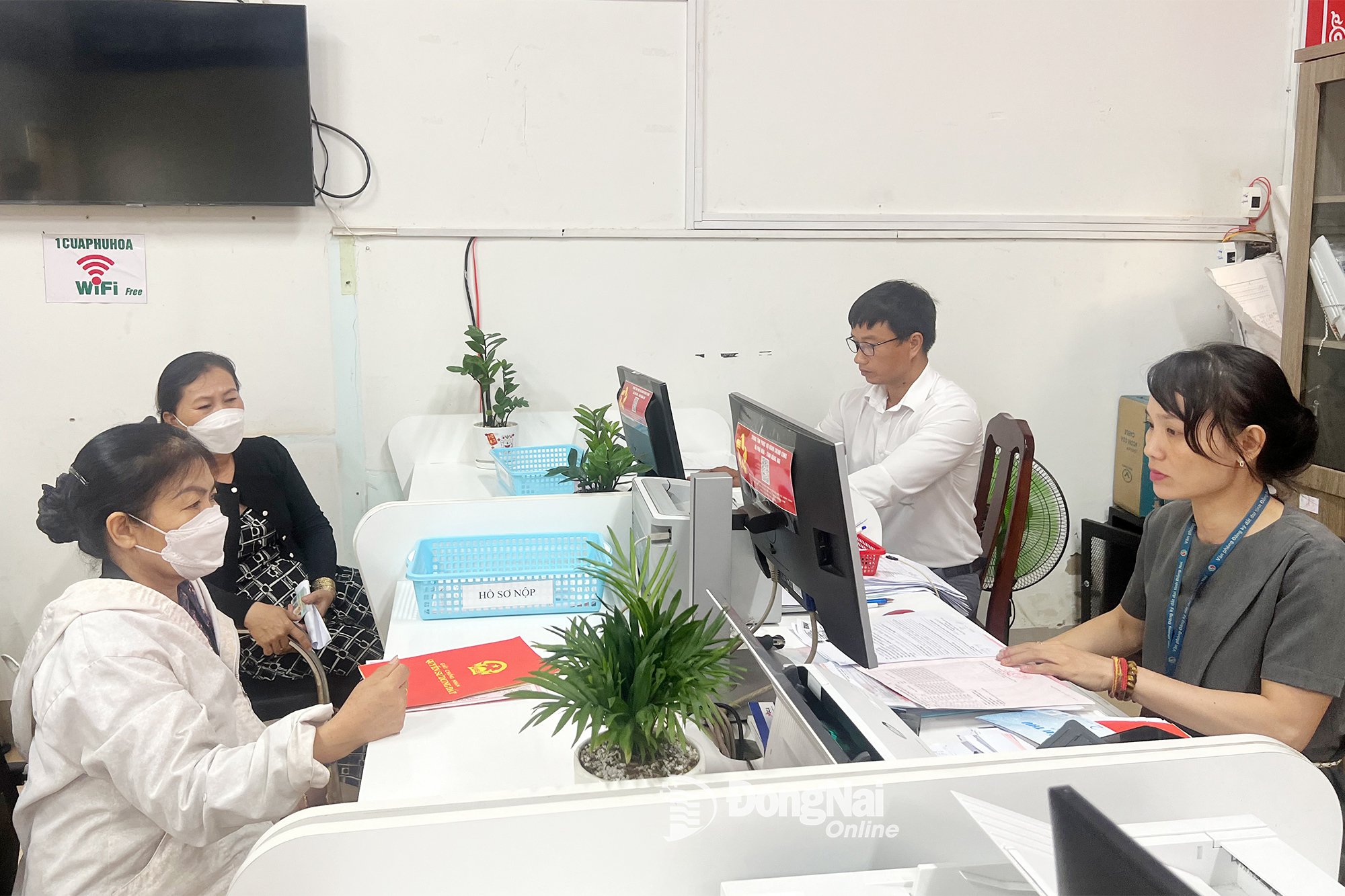

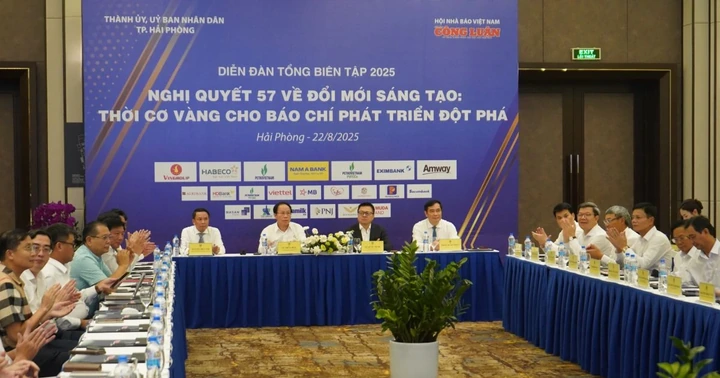

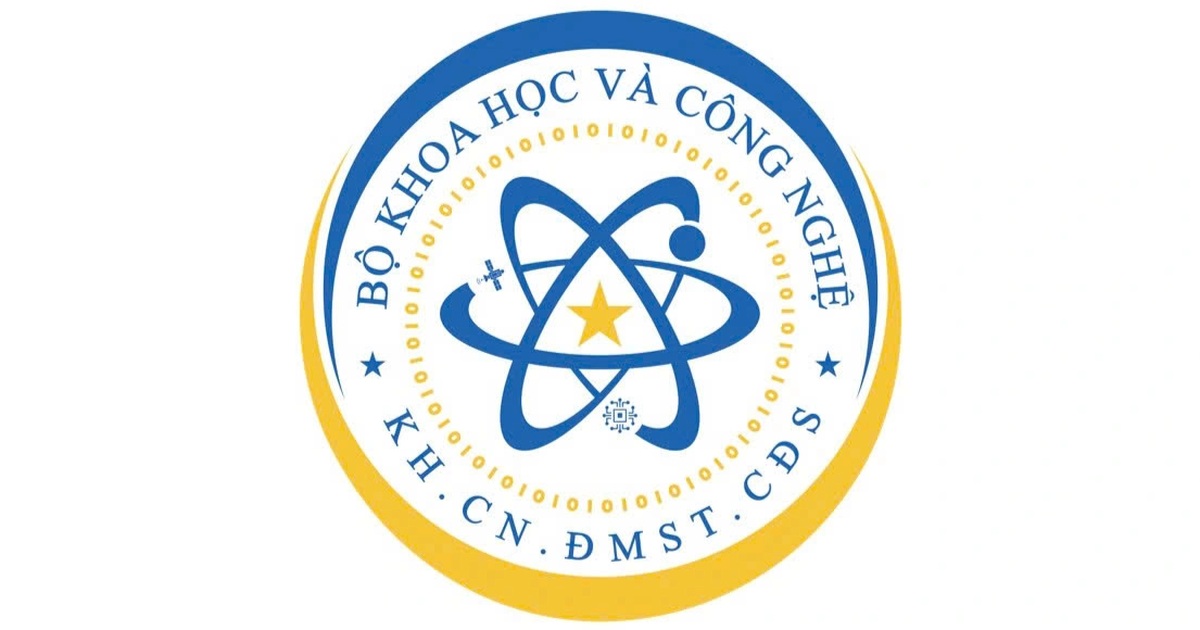



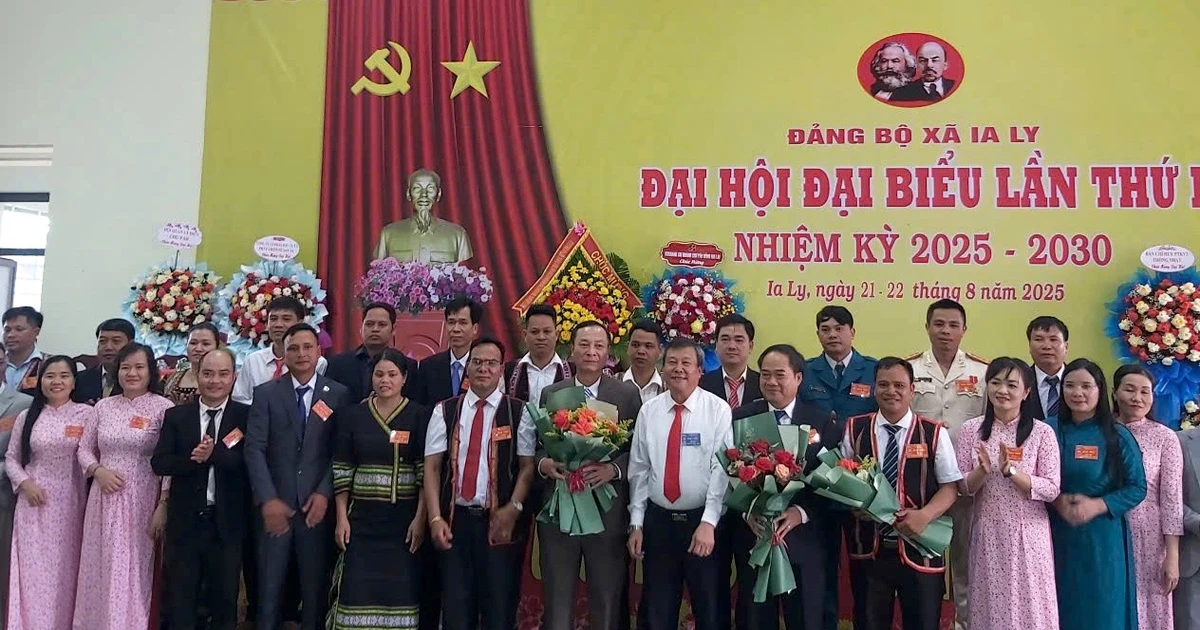
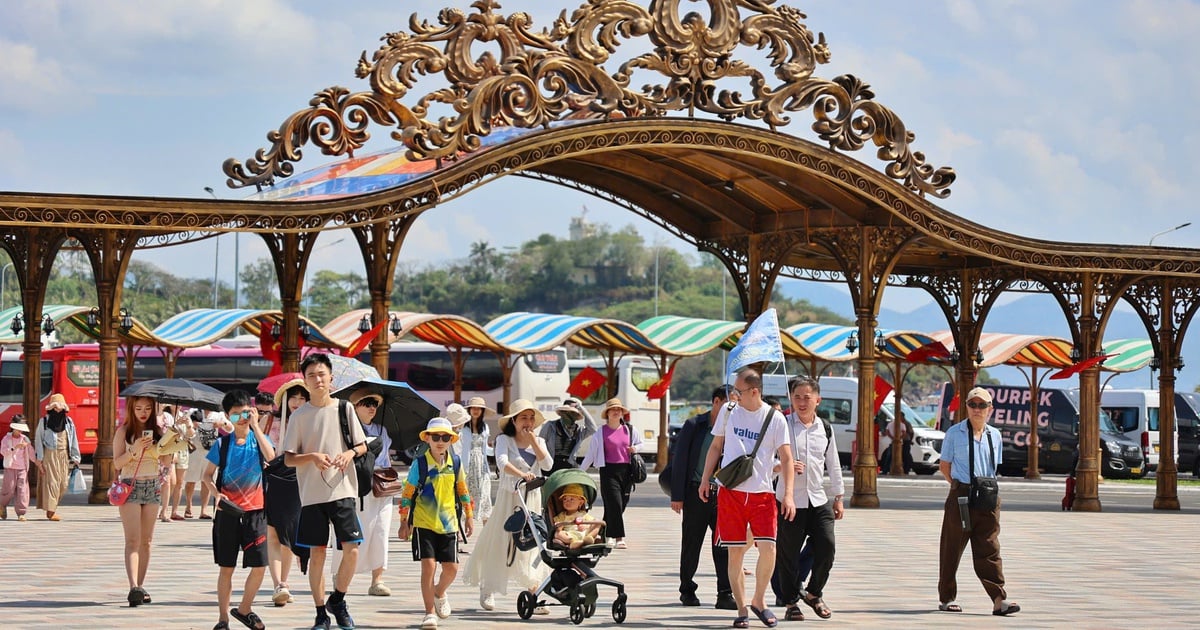

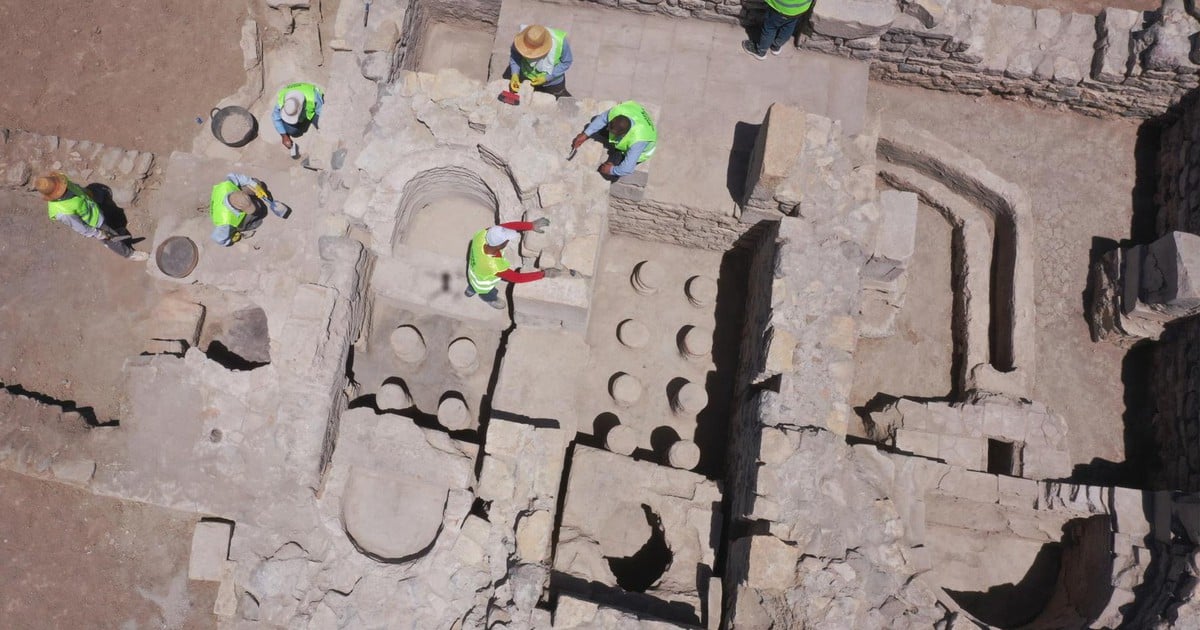





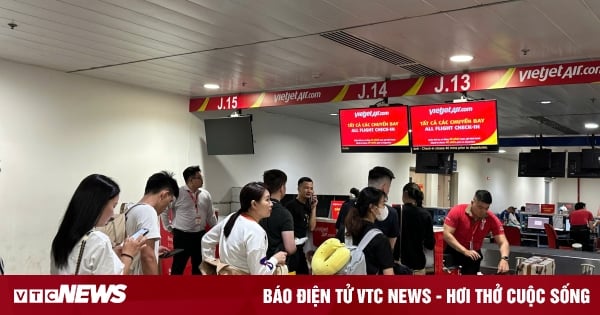







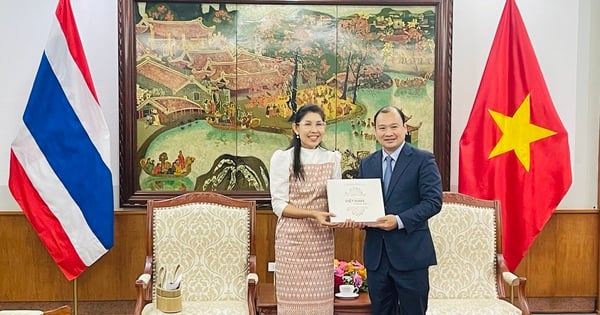
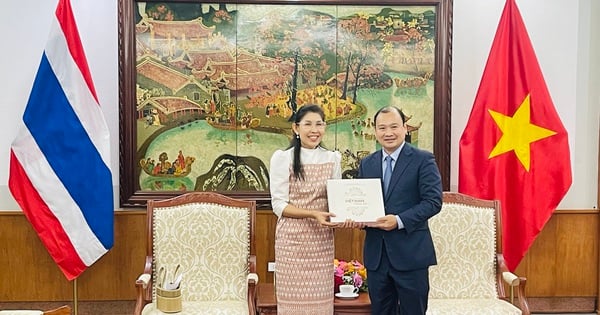
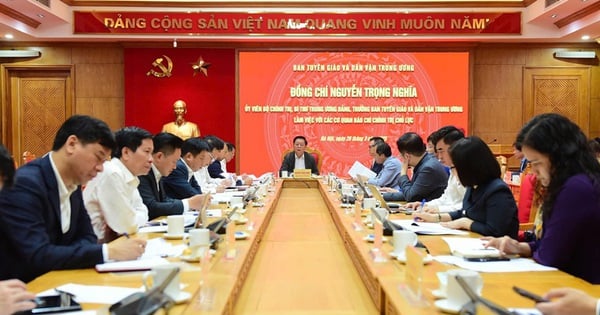
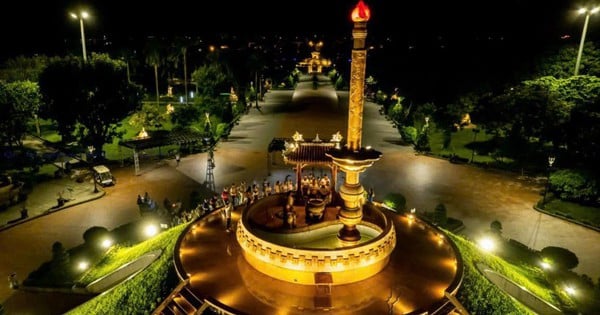


































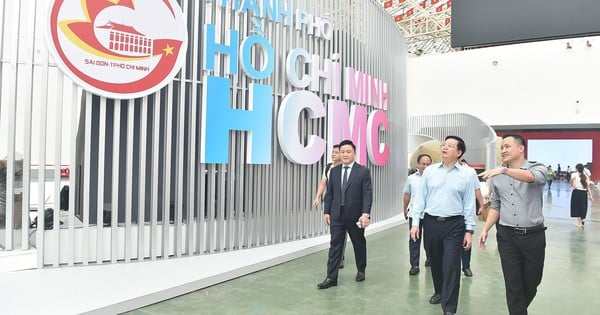

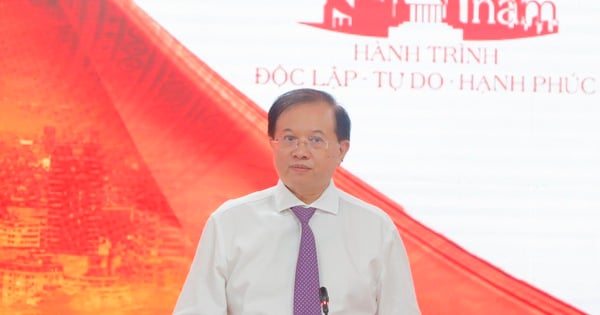
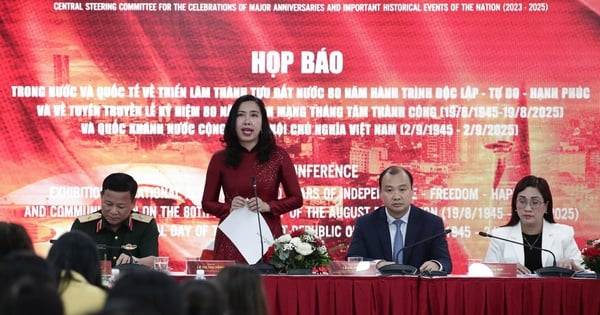
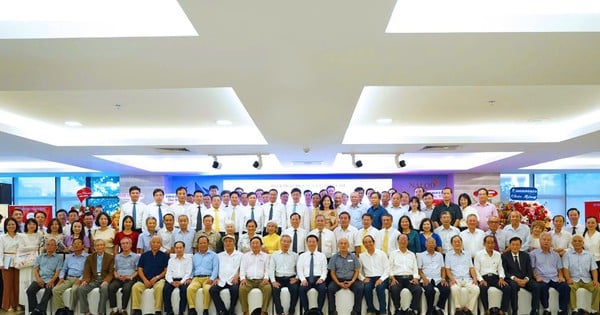

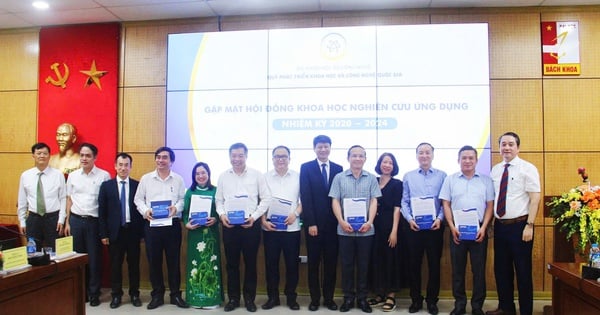

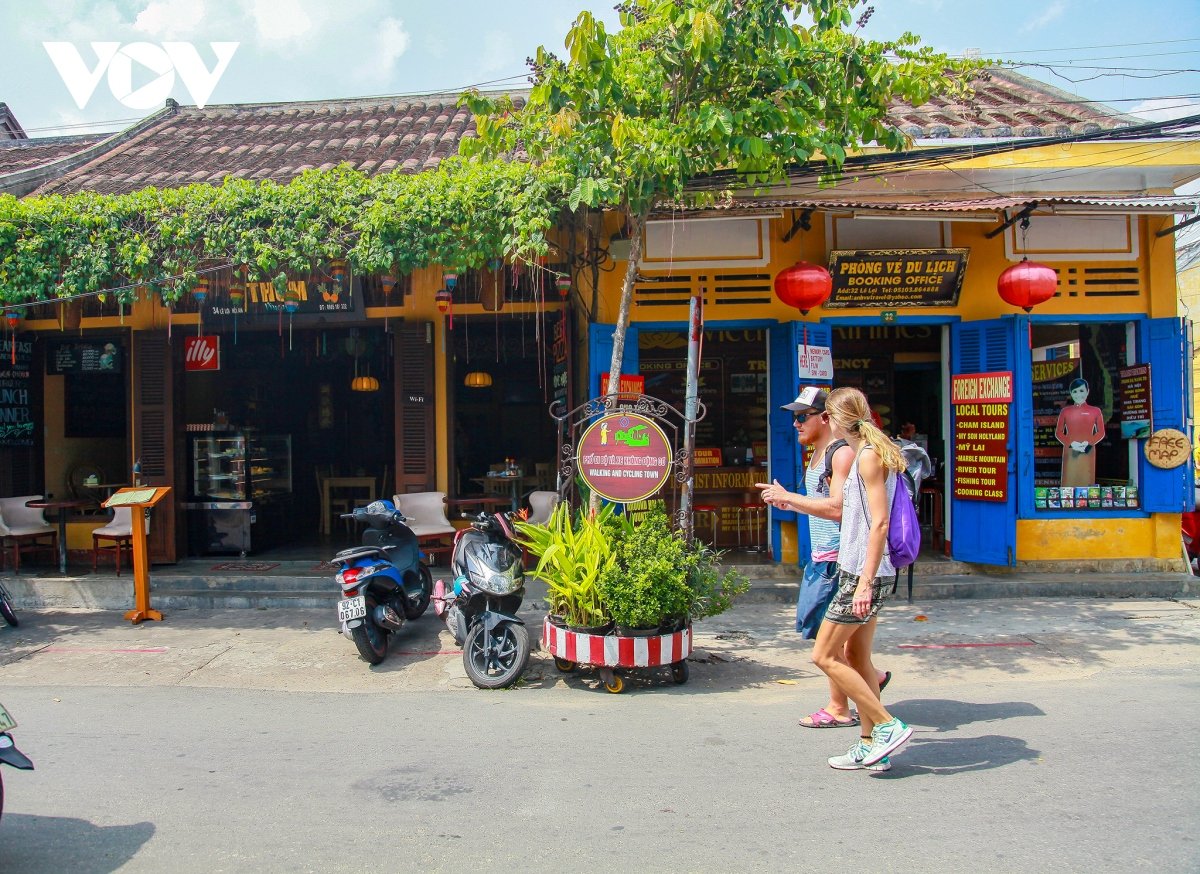

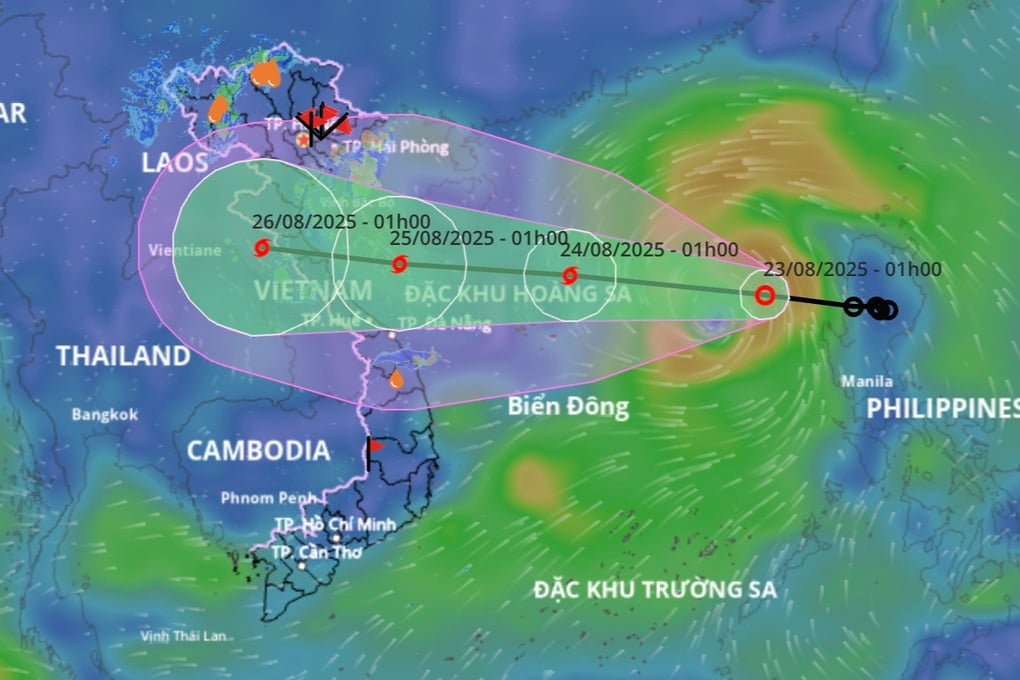
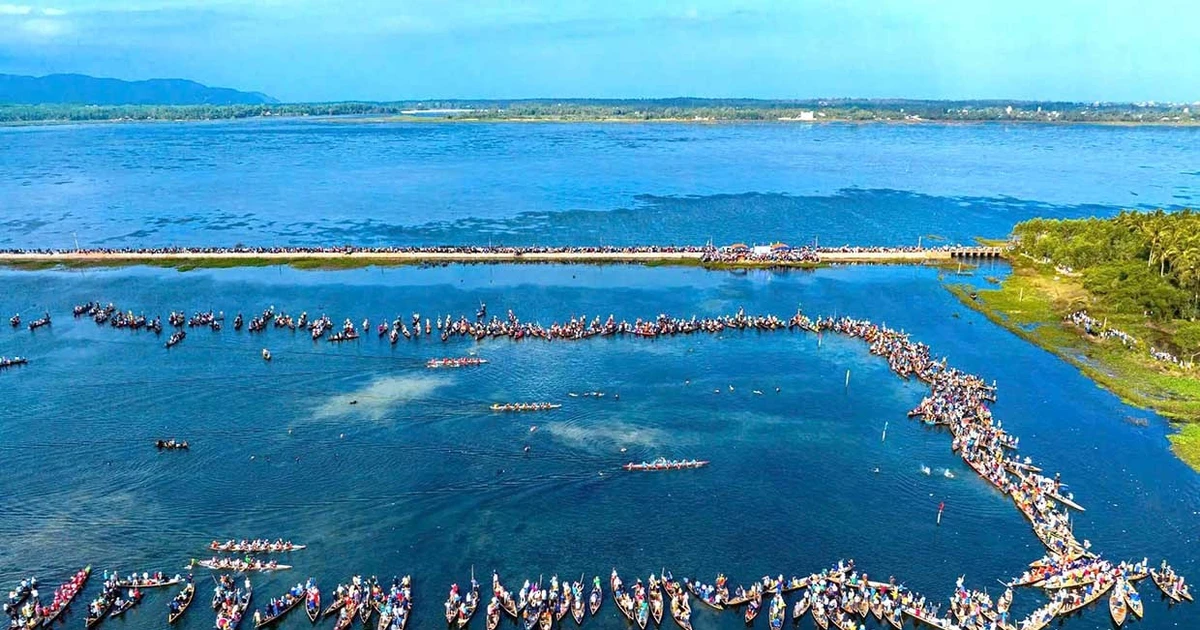
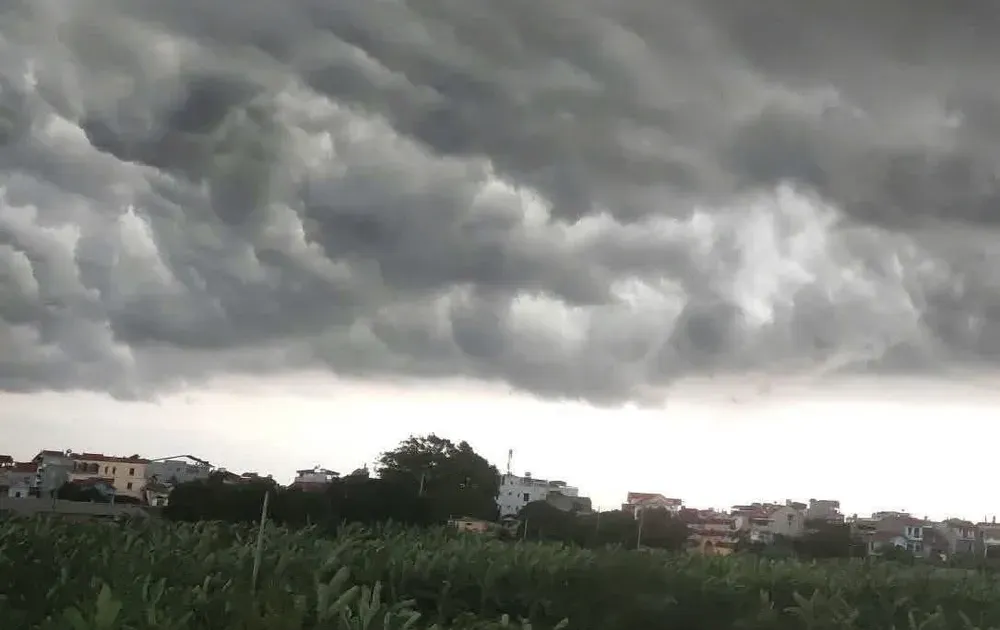

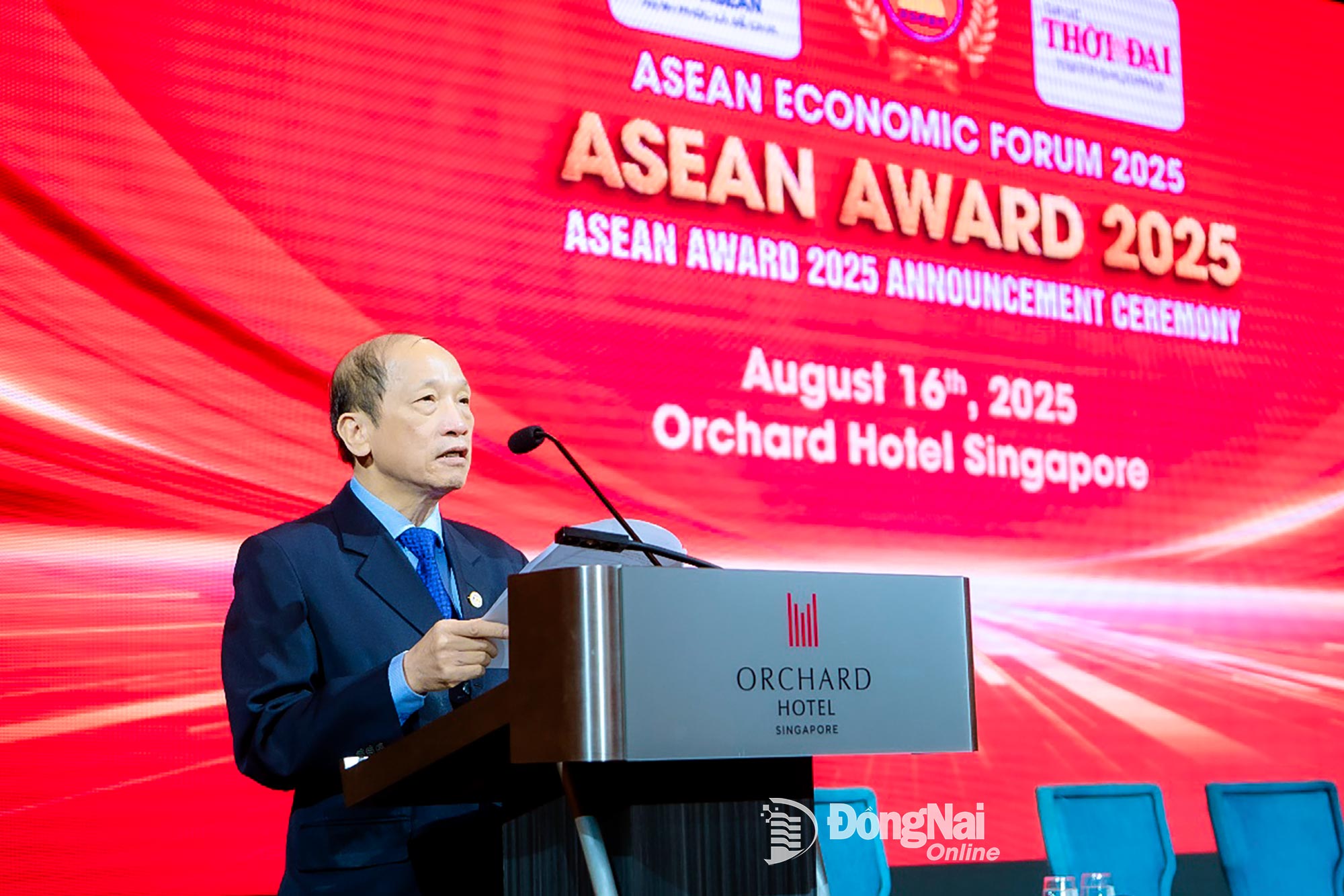















Comment (0)